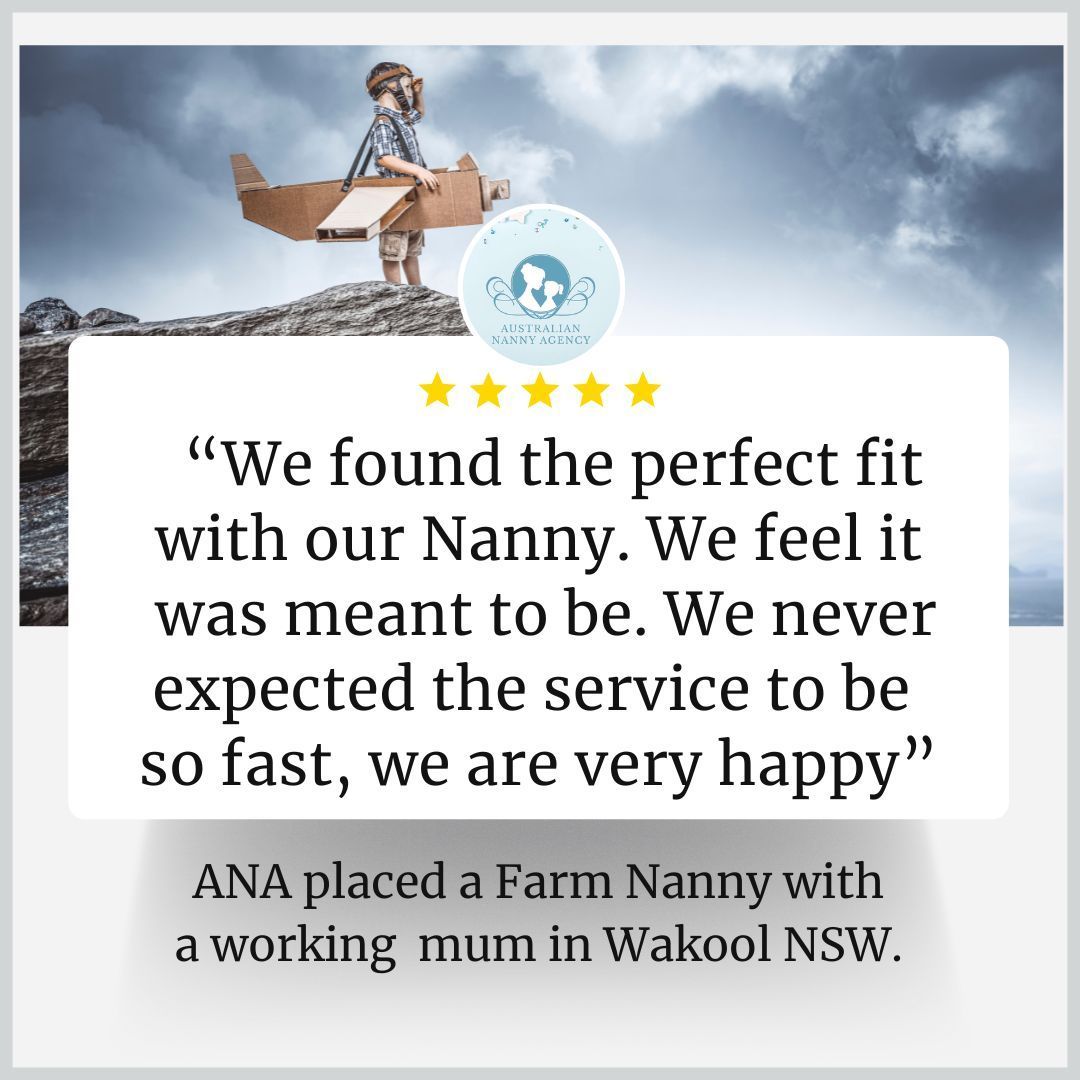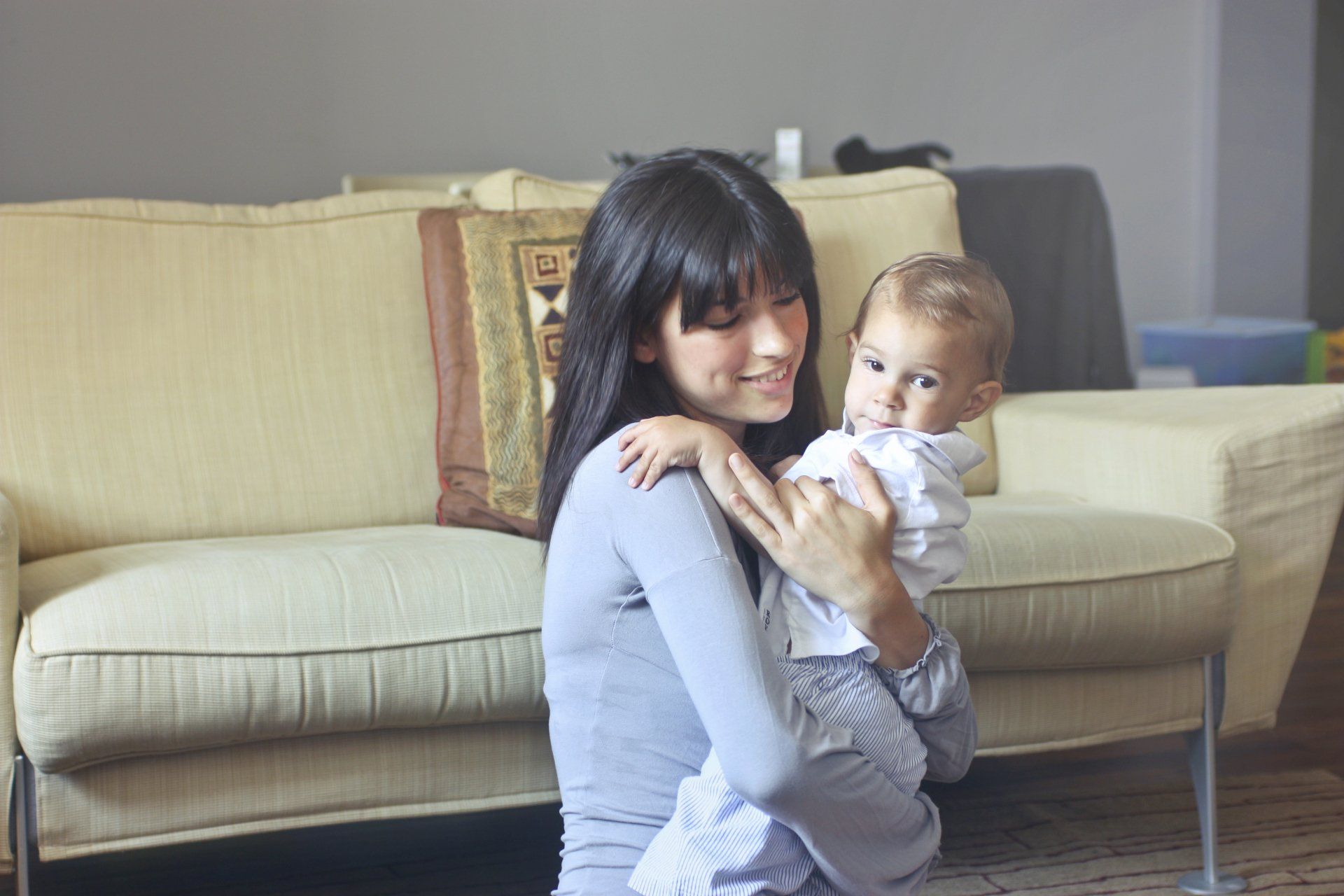"Navigating the Evolving Landscape of Childcare: The Rising Demand for Specialized Nanny Skills to Meet Unique Family Needs"

Emphasis on Safety and Health Protocols: A New Standard for Hiring Nannies
In recent years, the world has faced unprecedented health challenges that have reshaped the way families think about safety and health protocols, particularly when it comes to caring for children. The COVID-19 pandemic, along with other emerging health concerns, has heightened awareness surrounding hygiene, vaccinations, and overall safety measures. Families are now prioritizing nannies who not only possess excellent caregiving skills but also adhere to strict health protocols. This shift has become a significant factor in the hiring process, as parents seek to create the safest environment possible for their children.
The Importance of Vaccination Status
One of the most critical aspects of health protocols that families consider is the nanny's vaccination status. Vaccines have been proven to reduce the risk of severe illness and transmission of various infectious diseases. For many parents, hiring a nanny who is fully vaccinated—especially against COVID-19, flu, and other communicable diseases—is non-negotiable. This concern is rooted in a desire to protect not only their children but also vulnerable family members and the wider community.
When interviewing potential nannies, families are increasingly asking about vaccination records and any booster shots received. A transparent discussion about vaccination status can set the tone for a trusting relationship between the family and the caregiver. Some families even go a step further by requiring documentation of vaccination, which indicates a commitment to safety that aligns with their values.
Knowledge of Hygiene Practices
Beyond vaccination, a nanny's knowledge of hygiene practices is another crucial factor in the hiring process. Families are looking for caregivers who understand the importance of maintaining a clean environment. This includes regular handwashing, sanitizing toys and surfaces, and following guidelines for food preparation and storage.
Nannies who demonstrate a strong understanding of hygiene protocols can provide peace of mind to parents. For example, during interviews, caregivers can share their routines for cleaning, how they manage sick days, and their strategies for minimizing exposure to illness. Families may even ask candidates to describe how they would handle situations involving illness, such as dealing with a cold or flu, to gauge their preparedness and responsiveness.
Creating a Safe Environment
Creating a safe environment for children goes beyond hygiene and vaccination; it also involves understanding child safety protocols. Families want nannies who are well-versed in childproofing homes, recognizing potential hazards, and knowing how to respond in emergencies. This includes everything from knowing CPR and first aid to understanding how to effectively communicate safety rules to children.
During the hiring process, parents may conduct scenario-based questions to assess a nanny's readiness to deal with emergencies. For instance, they might ask how the nanny would react if a child were to choke or sustain a minor injury. A nanny who can answer these questions confidently demonstrates not only knowledge but also the ability to remain calm under pressure, which is a vital quality when caring for young children.
Open Communication and Trust
As families prioritize health and safety, open communication becomes paramount in the nanny-family relationship. Parents want to feel comfortable discussing their concerns and expectations regarding health protocols. A nanny who actively engages in these conversations and adapts her practices to meet the family's needs will build trust and foster a more positive working relationship.
Moreover, families may also look for nannies who are willing to share their own experiences and practices. This mutual exchange can help establish a collaborative approach to safety, encouraging both parties to remain vigilant and proactive in preventing illness.
The Shift in Hiring Practices
The increased emphasis on health and safety protocols is reshaping hiring practices across the childcare industry. Families are more likely to seek out nannies who have been trained in health and safety measures or have experience working in environments where such protocols were in place. Additionally, many families are turning to agencies that vet candidates based on health compliance, ensuring that their choices are informed and responsible.
While the additional focus on health and safety can make the hiring process more rigorous, it ultimately benefits everyone involved. By prioritizing these protocols, families can feel secure in their hiring decisions, and nannies can take pride in their commitment to the well-being of the children in their care.
Conclusion
In a world that is increasingly concerned with health and safety, the role of a nanny has evolved dramatically. Families are now prioritizing caregivers who adhere to strict health protocols, including vaccination status, knowledge of hygiene practices, and the ability to create a safe environment for children. This emphasis reflects a broader societal shift towards prioritizing health, safety, and well-being, ensuring that children are cared for in the safest possible manner.
As we move forward, it is likely that these health and safety considerations will remain at the forefront of the hiring process, shaping the future of childcare and nurturing the next generation. Families who prioritize these factors not only protect their children but also contribute to a healthier community overall.
What measures are being implemented to ensure strict adherence to safety and health protocols in the workplace?
Blog









